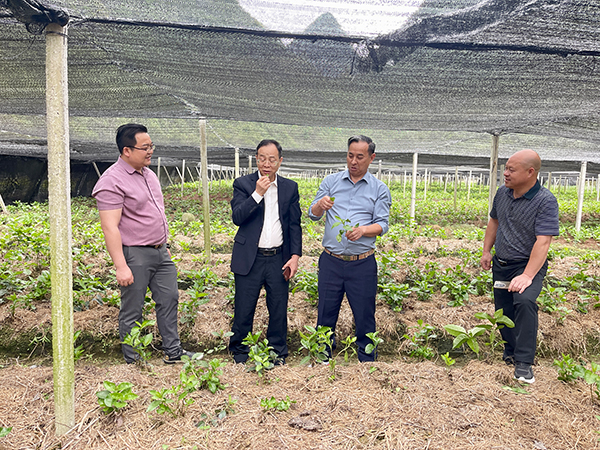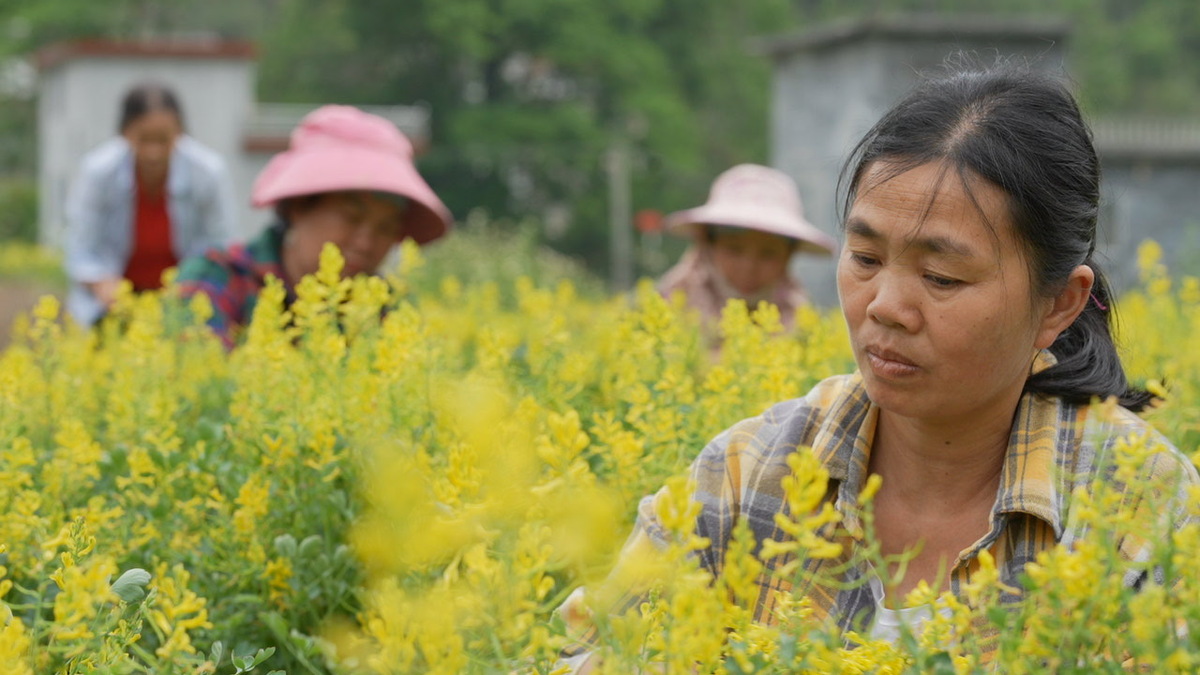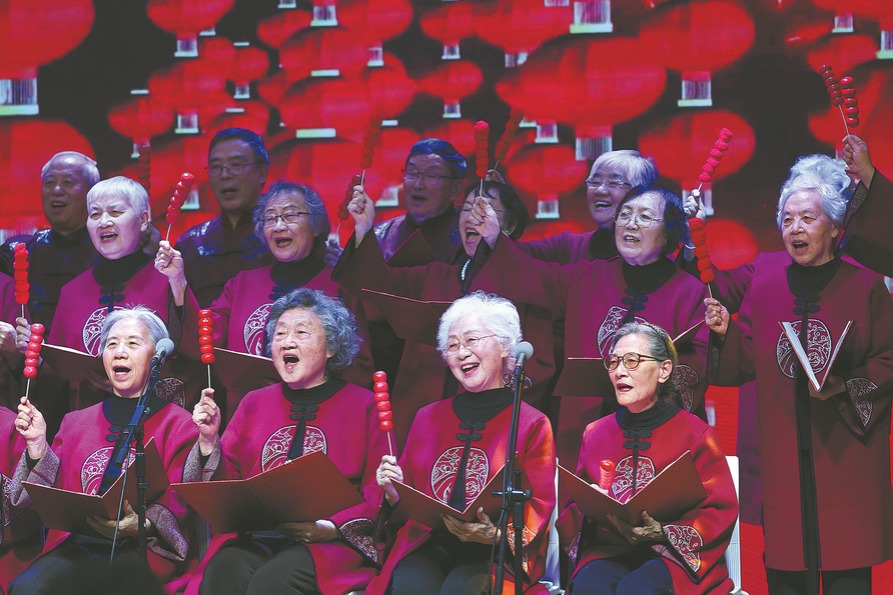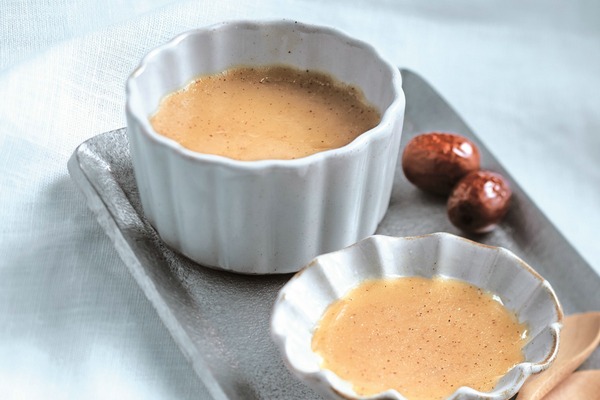Integration of TCM and tourism draws crowds to Donglan


Nestled in the northwest of Guangxi Zhuang autonomous region, Donglan county, known as a natural pharmacy — has emerged as a new hotspot for health tourism, fueled by the integration of traditional Chinese medicine and rural revitalization efforts.
With a forest coverage rate exceeding 86 percent, a warm, humid climate, and selenium-rich soil, Donglan is home to more than 768 species of medicinal herbs, including highly prized varieties such as root of Meadowrue Corydalis that eases inflammation and Dendrobium officinale that boosts overall immunity.
"Leveraging these natural advantages, the county has committed to the principle that lucid waters and lush mountains are invaluable assets, positioning TCM as a key pillar for development," says Pan Huakai, deputy head of the county.
In recent years, Donglan has adopted a three-pronged strategy combining ecological cultivation, intensive processing, and cultural tourism focused on health preservation.
Under the guidance of the Three-Year Action Plan for TCM Industry Development (2023-2025), the county has rolled out a series of policies to support the industry, from special funding to a full supply chain system.

It is expanding into wellness tourism by creatively blending local agricultural products such as black glutinous rice and chestnuts with traditional medicinal herbs. The county has developed over 200 medicinal dishes and seven wellness teas, achieving a total output value exceeding 10 million yuan ($1.37 million), Pan says.
This approach has seen the county welcome approximately 867,100 visitors, generating 940.8 million yuan in tourism revenue in the first quarter of 2025, according to the county authorities.
Tang Huitian, chair of the Guangxi Hefeng Pharmaceutical, a leading TCM enterprise in Donglan, says, "The environment here is ideal, with abundant mountains and dense forests. The climate is favorable, often shrouded in mist, creating natural conditions remarkably similar to the wild. As a result, the medicinal herbs we cultivate here grow in an environment very close to their natural habitat."
In addition to TCM production for clinics, the company's TCM drinks and diet have seen more consumers of various age groups, Tang says.




































